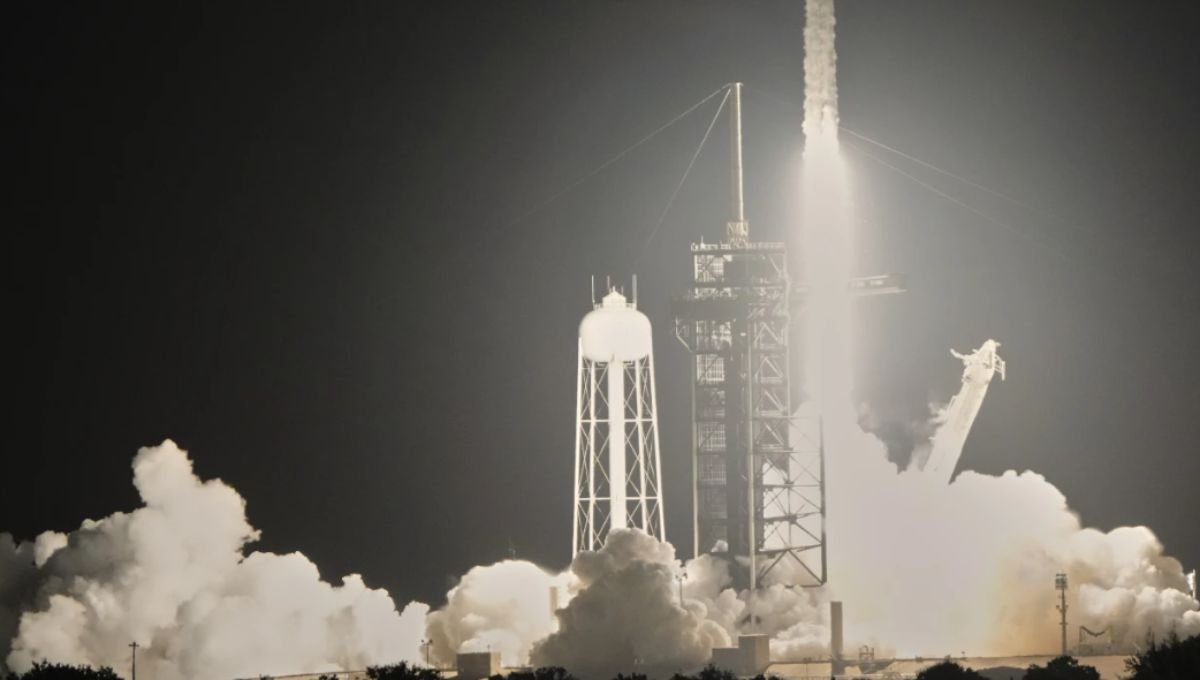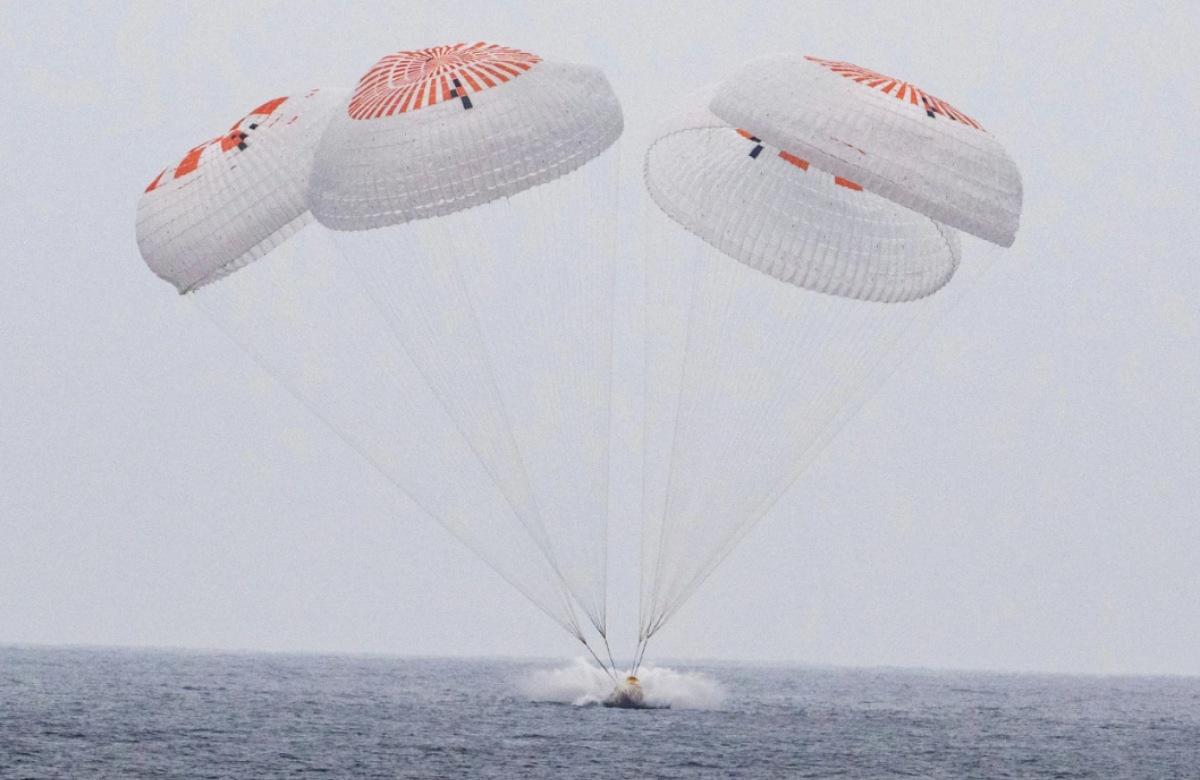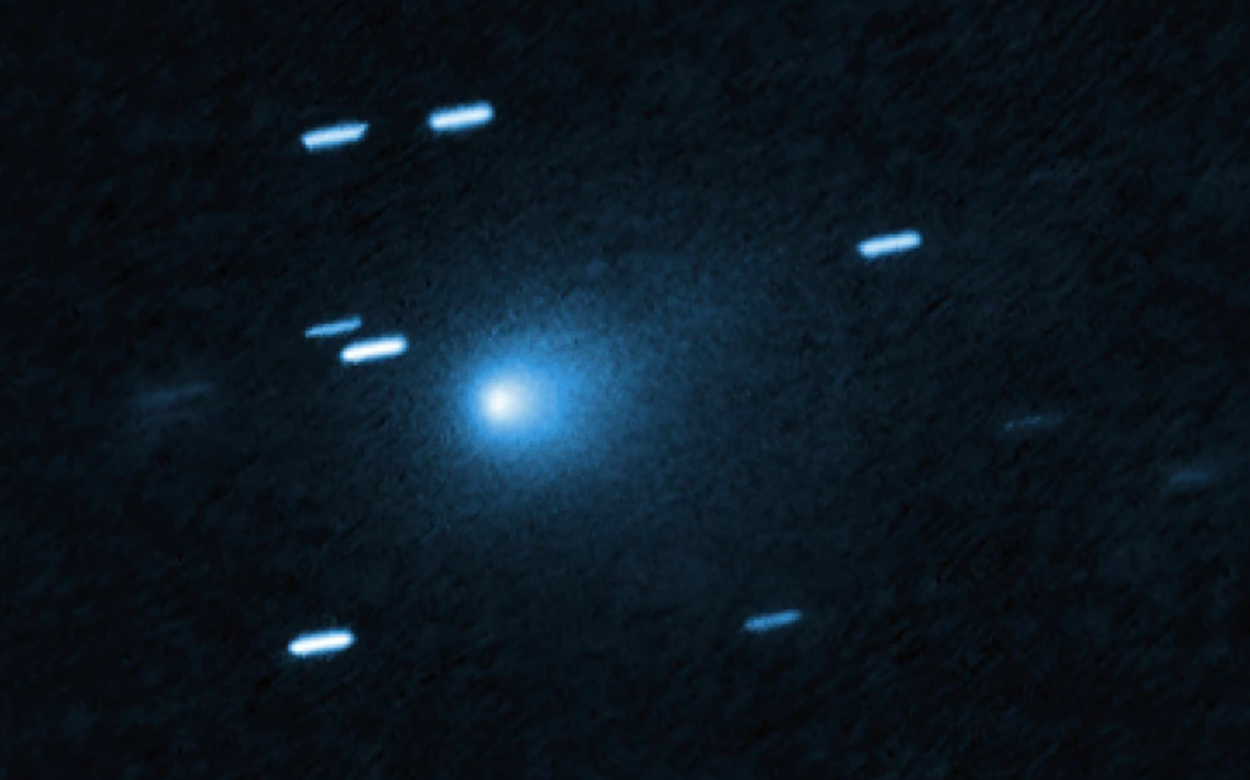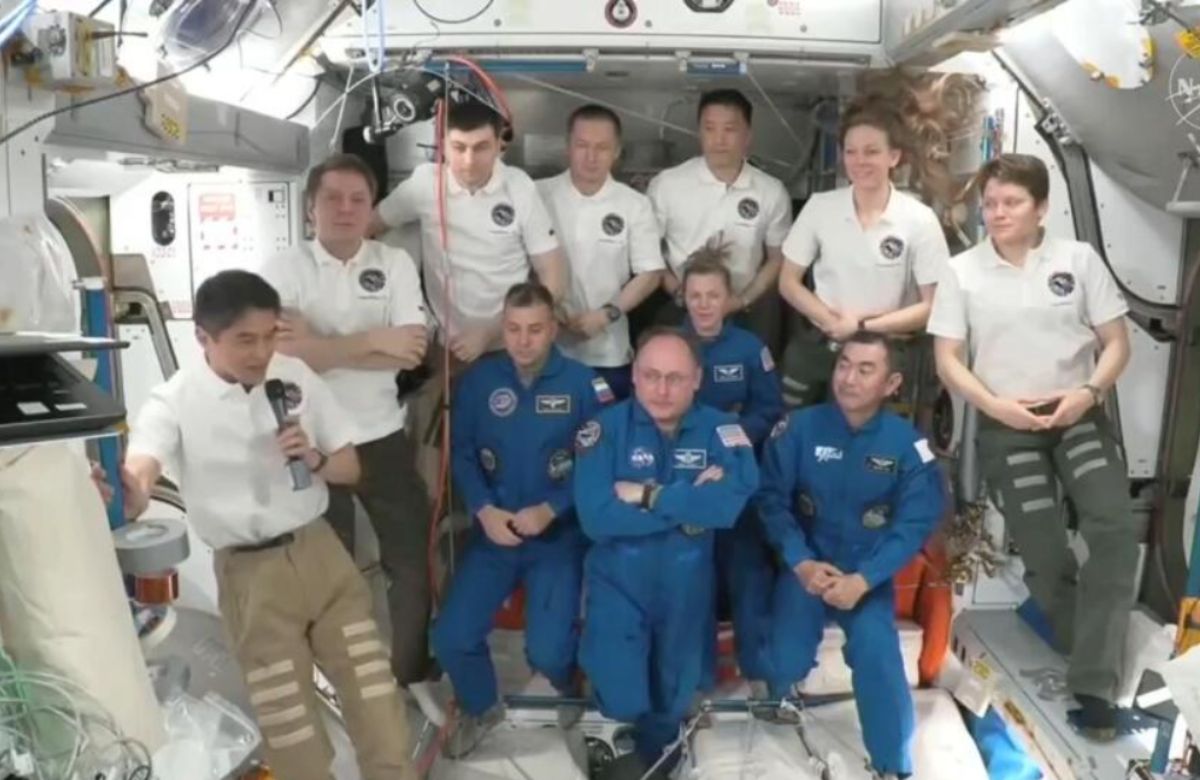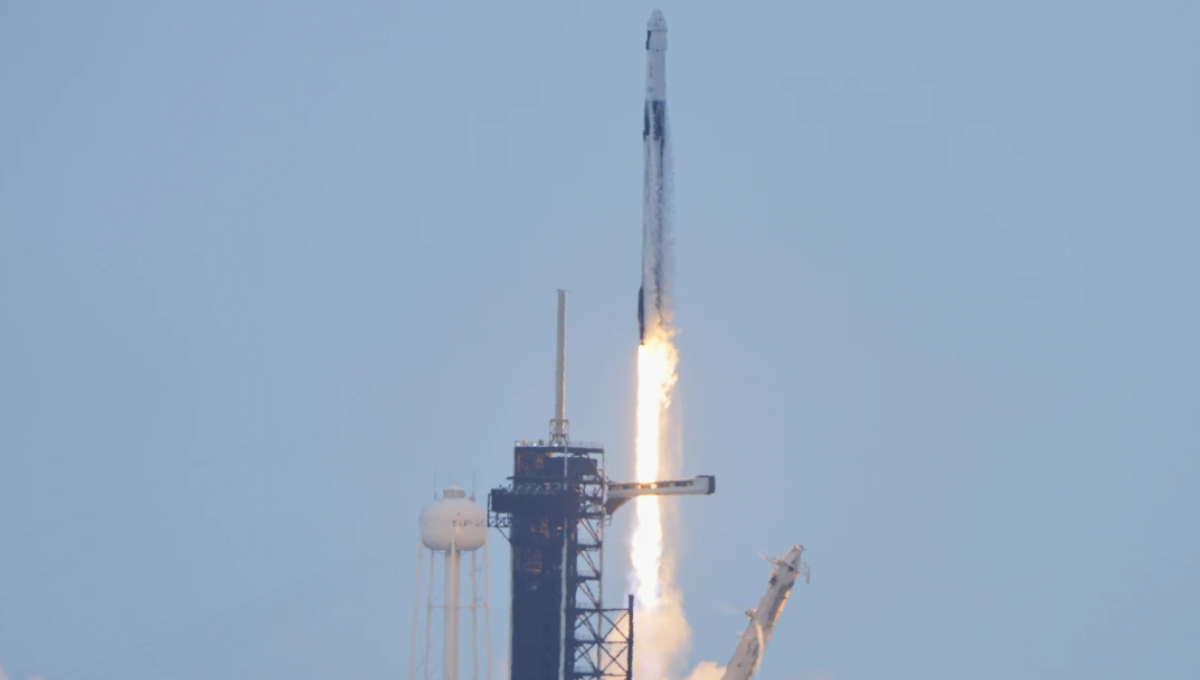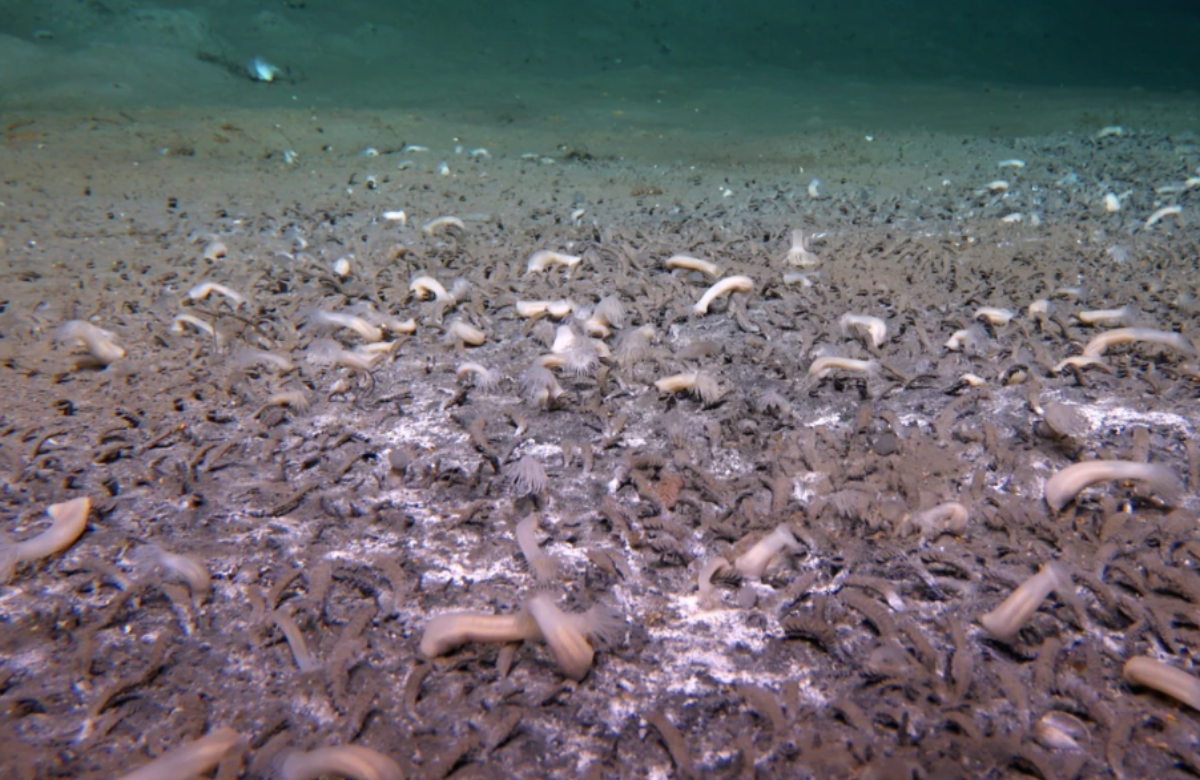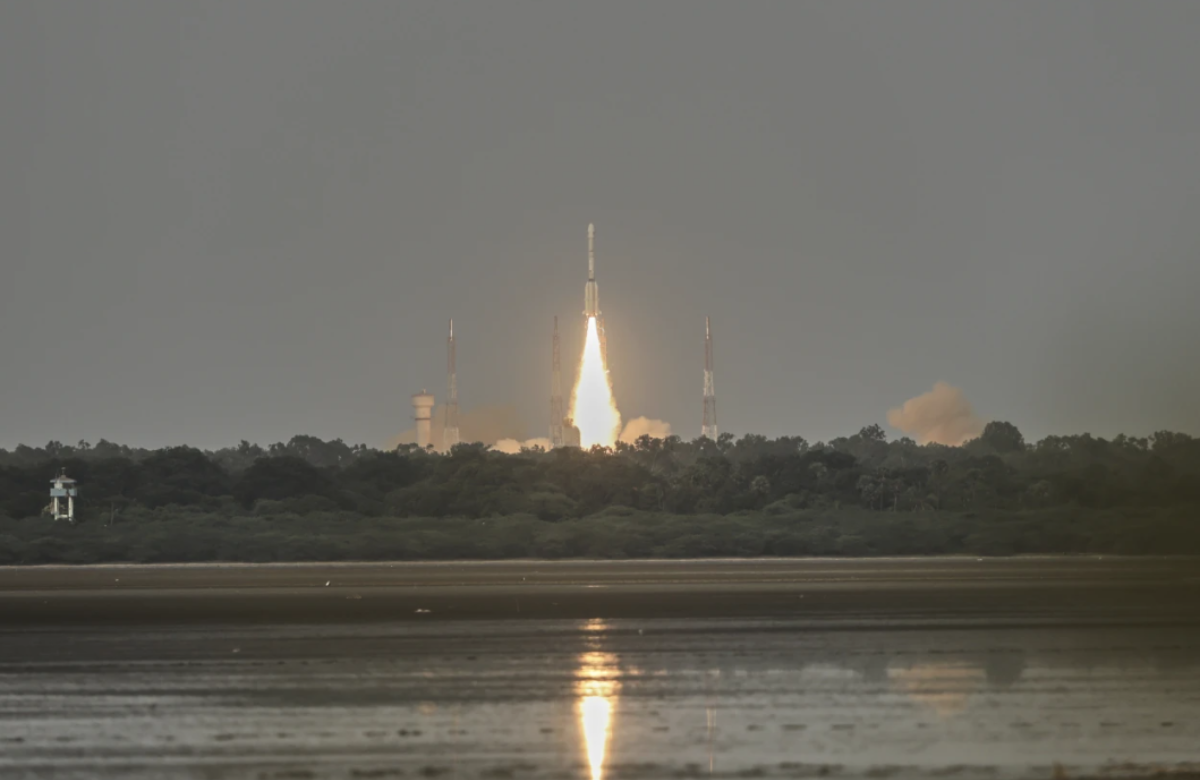On Wednesday, India, Poland, and Hungary launched their first astronauts into space in more than four decades, sending them on a private mission to the International Space Station (ISS). The three nations jointly funded the two-week trip, with Houston-based Axiom Space arranging the journey at a cost exceeding $65 million per passenger.
The Falcon rocket, built by SpaceX, lifted off from NASA’s Kennedy Space Center after a two-week delay caused by concerns over a leak on the space station. Alongside the three newcomers—none of whom were born when their countries last sent astronauts—the capsule carried America’s most seasoned astronaut, Peggy Whitson.
The crew includes India’s Shubhanshu Shukla, a pilot in the Indian Air Force; Hungary’s Tibor Kapu, a mechanical engineer; and Poland’s Slawosz Uznanski-Wisniewski, a radiation specialist who also serves as a project astronaut for the European Space Agency.
The astronauts are expected to dock with the ISS the following morning.
In addition to conducting numerous experiments, the crew is bringing food that reflects their cultural heritage, including Indian curry with rice and mango nectar, spicy Hungarian paprika paste, and freeze-dried Polish pierogies.
Hungary’s first astronaut, Bertalan Farkas, showed his support for Kapu from the launch site. Farkas, who flew with the Soviets in 1980 and brought a teddy bear dressed as a cosmonaut, passed that same bear along with Kapu. Similarly, the first astronauts from India and Poland had flown with Soviet missions in the late 1970s and 1980s.
Uznanski-Wisniewski carried the Polish flag that had been worn by his predecessor, Miroslaw Hermaszewski, who was a key supporter until his passing in 2022. Shukla revealed that India’s first astronaut, Rakesh Sharma, was unable to attend the launch but has been a mentor throughout his journey. Shukla is also taking a special gift for Sharma to space.
While other astronauts born in India and Hungary have flown before, such as NASA’s Kalpana Chawla and Microsoft billionaire Charles Simonyi, they were U.S. citizens at the time.
Shukla expressed his hope that his mission will inspire curiosity and innovation across India’s 1.4 billion people. All crew members plan to engage with their home countries through outreach events.
This flight marks Axiom’s fourth private trip to the ISS since 2022, and Whitson’s second as crew commander and guide. Her participation caused her to miss her recent induction into the U.S. Astronaut Hall of Fame, as she was in quarantine prior to launch. Whitson, who retired from NASA nearly a decade ago, has spent almost two years in orbit over her career.
NASA, once hesitant about private space travelers, now welcomes them, charging for their supplies and requiring an experienced astronaut onboard. This reflects NASA’s broader effort to open space—including the Moon—to commercial ventures. Companies like Axiom plan to operate their own space stations, aiming to have them ready before the current ISS is retired around 2031.
“Space access is no longer just for the largest agencies—it’s for everyone,” said Uznanski-Wisniewski before liftoff, a sentiment he repeated after reaching orbit. Kapu added that Hungary aims to “sit at the same table with the giants” and that this mission brings Hungary “one step closer to the stars.”
The mission experienced several delays. Initially scheduled earlier this year, it was postponed due to a capsule change that allowed NASA astronauts Butch Wilmore and Suni Williams to return to Earth sooner than expected. Further delays in Florida arose from an oxygen leak in the rocket and ongoing air leak repairs on the Russian segment of the ISS.
Once in orbit, the crew greeted controllers in their native languages and revealed the name they chose for their new capsule: Grace.
SpaceX’s Falcon rockets, launched from Florida and California, are smaller and more reliable than Elon Musk’s Starship vehicles undergoing test flights in Texas, which have faced several explosive failures this year. Falcons have regularly carried crews to orbit since 2020. NASA plans to use Starship for Moon missions, while Musk envisions it for Mars exploration.
Also Read:
Space Station Leak Postpones Mission Carrying Astronauts from India, Poland, and Hungary
